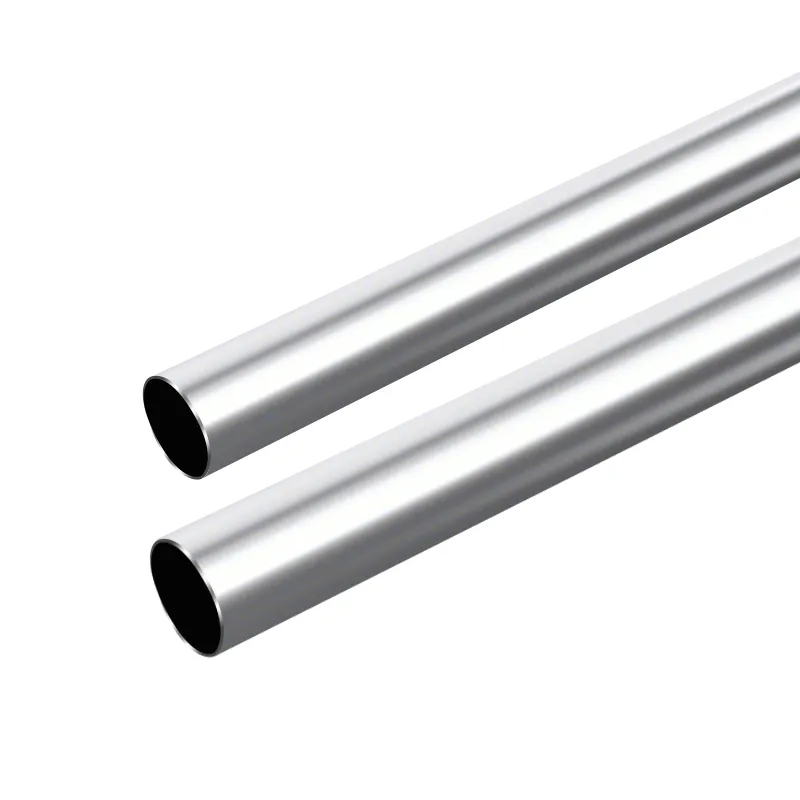
The Evolution and Importance of Mechanical Parts Manufacturing Companies
Mechanical parts manufacturing companies play a crucial role in a myriad of industries, from automotive and aerospace to electronics and industrial machinery. These companies are the backbone of production, providing the necessary components that enable machines and systems to function effectively. The evolution of these companies reflects advancements in technology and changing market demands, all while emphasizing the importance of precision engineering and quality control.
Historically, mechanical parts manufacturing began with simple tools and labor-intensive processes. As industries grew, the requirements for mechanical parts became more complex, necessitating the development of more sophisticated manufacturing techniques. The introduction of automation in manufacturing processes revolutionized the industry. With the adoption of Computer Numerical Control (CNC) machines, companies were able to achieve high levels of accuracy and repeatability. This technological shift not only increased production efficiency but also allowed for the creation of intricate designs that were previously unattainable.
Today, mechanical parts manufacturing companies leverage advanced technologies such as additive manufacturing (3D printing), robotics, and artificial intelligence. 3D printing, in particular, is transforming the industry by enabling rapid prototyping and the production of custom parts with reduced waste. This technology is especially beneficial for industries that require unique components or have low-volume production needs. Meanwhile, robotics enhance productivity by performing repetitive tasks with speed and precision, freeing up human workers to focus on more complex processes.
Quality control remains a paramount concern in mechanical parts manufacturing. Companies must adhere to stringent industry standards to ensure the reliability and safety of their products. The implementation of quality management systems, such as ISO 9001, helps manufacturers maintain consistent quality. Advanced inspection technologies, including laser scanning and computer vision systems, are also employed to detect defects and ensure that parts meet exact specifications.

The global landscape of mechanical parts manufacturing has also shifted due to economic factors and globalization. Many companies now operate in a competitive international market, leading them to seek cost-effective solutions while maintaining high standards. Outsourcing certain manufacturing processes to countries with lower labor costs has become a common practice. However, this approach requires careful management to ensure quality and delivery timelines are not compromised.
Sustainability has also emerged as a critical focus within the industry. Mechanical parts manufacturing companies are increasingly recognizing the importance of reducing their environmental impact. This includes initiatives to minimize waste, recycle materials, and reduce energy consumption. Additionally, the design for manufacturability (DFM) approach encourages engineers to consider how products can be made in an efficient and environmentally friendly way from the outset.
Furthermore, the rise of the Internet of Things (IoT) and smart manufacturing is reshaping the future of mechanical parts manufacturing. Companies are integrating IoT technologies to monitor production processes in real-time, collect data, and optimize operations. Predictive maintenance, enabled by data analytics, allows companies to foresee equipment failures before they occur, reducing downtime and maintenance costs.
In conclusion, mechanical parts manufacturing companies are integral to the continued advancement of various industries. As technology evolves, these companies must adapt to remain competitive, prioritizing precision, quality, sustainability, and innovation. By embracing new manufacturing technologies and methodologies, they not only enhance their operational capabilities but also contribute to the broader goals of efficiency and environmental stewardship. The future of mechanical parts manufacturing holds vast potential, driven by creativity and technological breakthroughs that will shape the landscape for years to come.